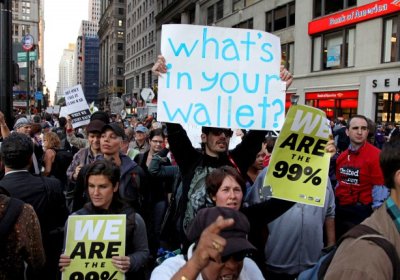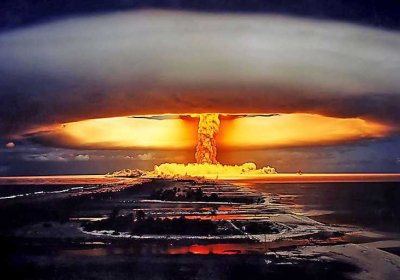I know exactly where I was on August 9, 2007. It was a hot summer’s day — “debtonation day”.
Bankers all over the world had lost their collective nerve and refused to lend to each other. The globally synchronised financial system froze, and began its descent into sustained failure. It then took more than a year, and Lehman Brothers’ collapse, before the world understood the gravity of the crisis.
Ten years on, that slow-motion crisis, a prolonged period of disinflation, noflation and deflation, is still playing out.











